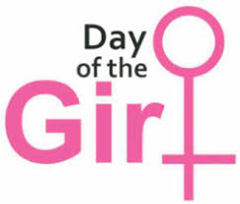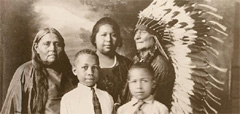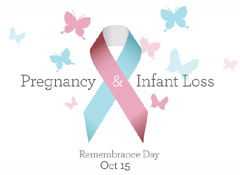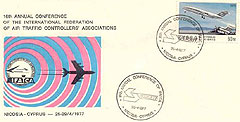Sunday 11 May -
National Technology Day in India;
Mother’s Day (Anguilla, Antigua and Barbuda, Aruba, Australia, Austria, Bahamas, Bangladesh, Barbados, Belgium, Belize, Bermuda, Bhutan, Bonaire, Botswana, Brazil, Brunei, Canada, Cambodia, Cayman Islands, Central African Republic, Chad, Chile, China, Colombia, Congo, Dem. Rep., Congo, Rep., Cote d'Ivoire, Croatia, Cuba, Curaçao, Cyprus, Czech Republic, Denmark, Dominica, Ecuador, Equatorial Guinea, Estonia, Ethiopia, Faroe Islands, Fiji, Finland, Germany, Gabon, Gambia, Greenland, Ghana, Greece, Grenada, Guyana, Honduras, Hong Kong, Iceland, India, Italy, Jamaica, Japan, Kenya, Latvia, Liberia, Liechtenstein, Macau, Malaysia, Malta, Myanmar, Namibia, Netherlands, New Zealand, Pakistan, Papua New Guinea, Peru, Philippines, Puerto Rico, Saint Kitts and Nevis, Saint Lucia, Saint Vincent and the Grenadines, Samoa, Singapore, Sint Maarten, Slovakia, South Africa, Sri Lanka, Suriname, Switzerland, Taiwan, Tanzania, Tonga, Trinidad and Tobago, Turkey, Uganda, Ukraine, United States, Uruguay, Vietnam, Venezuela, Zambia, Zimbabwe)
Sunday 15 June -
Father's Day (Ńelebrated on the third Sunday of June řň Argentina, Aruba, Canada, Costa Rica, France, Greece, Hong Kong, Hungary, India, Ireland, Kenya, Japan, Macao, Malaysia, Malta, Mexico, Netherlands, Pakistan, Peru, Puerto Rico, Singapore, Slovakia, South Africa, Sri Lanka, Trinidad and Tobago, Turkey, Venezuela, United Kingdom)
We all refer to India and its culture as something very diverse and unique. The namaste is one of the most popular Indian customs is one of the five forms of traditional greetings one another with it is a way of saying "May our minds meet". Indian food and cuisine not only form an integral part of Indian culture but are also one of the key factors of India’s popularity worldwide. Wazwan is less a cuisine and more a tradition among Kashmiris. It is art served on a traem (platter) that involves a 36-course meal.
Chhau Dance: another important tradition from India that made it to UNESCO’s list of Intangible Cultural Heritage of Humanity in 2010 is the classical Chhau dance, from Odisha. In 2013, Sankirtana dance was inscribed in UNESCO’s list of Intangible Cultural Heritage of Humanity. A Pung Cholom dance, which is part of the Sankirtana tradition.
The Festival Nag Panchami usually falls during the months of July and August. In Hindu culture, serpent blessings are sought to bring peace and welfare to the family.
Cow, in the Indian culture, is considered to be a Holy animal. Killing the cow or consuming cow meet is considered to be a sin.
In India, there exists the concept of a joint family, wherein the entire family (parents, wife, children and in some cases relatives) all live together. Faith, family and castes shape just about every aspect of Indian culture - from birth to death - and all the trials and parties in between.





















































